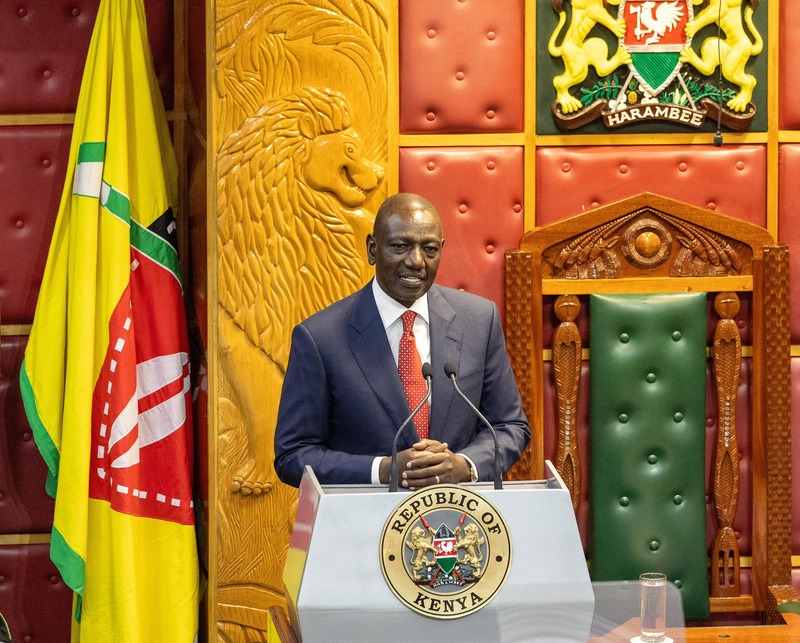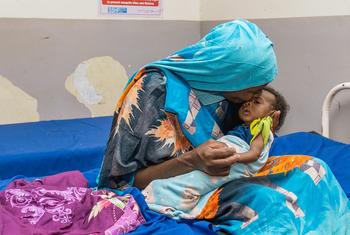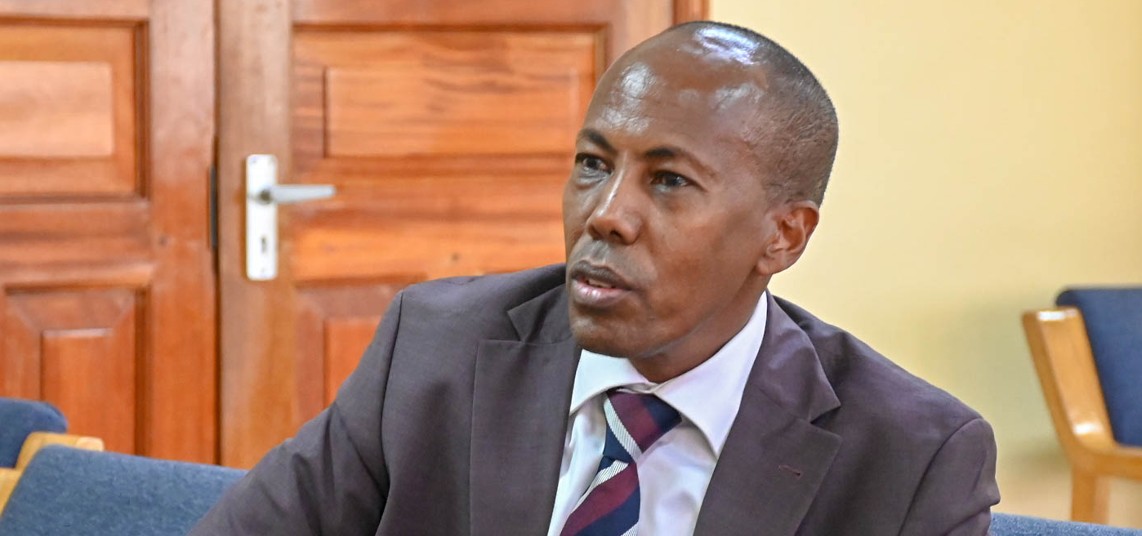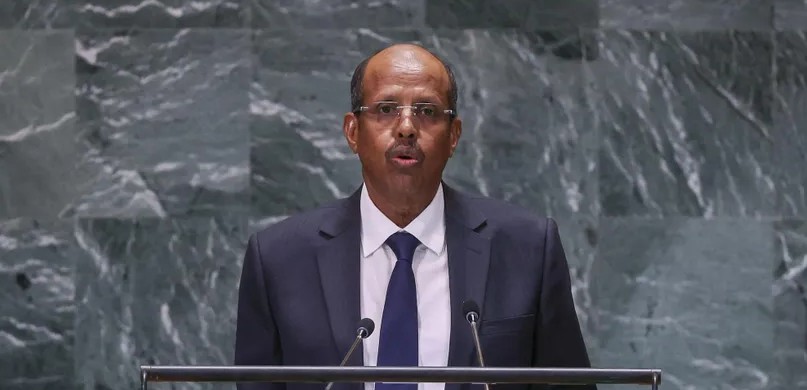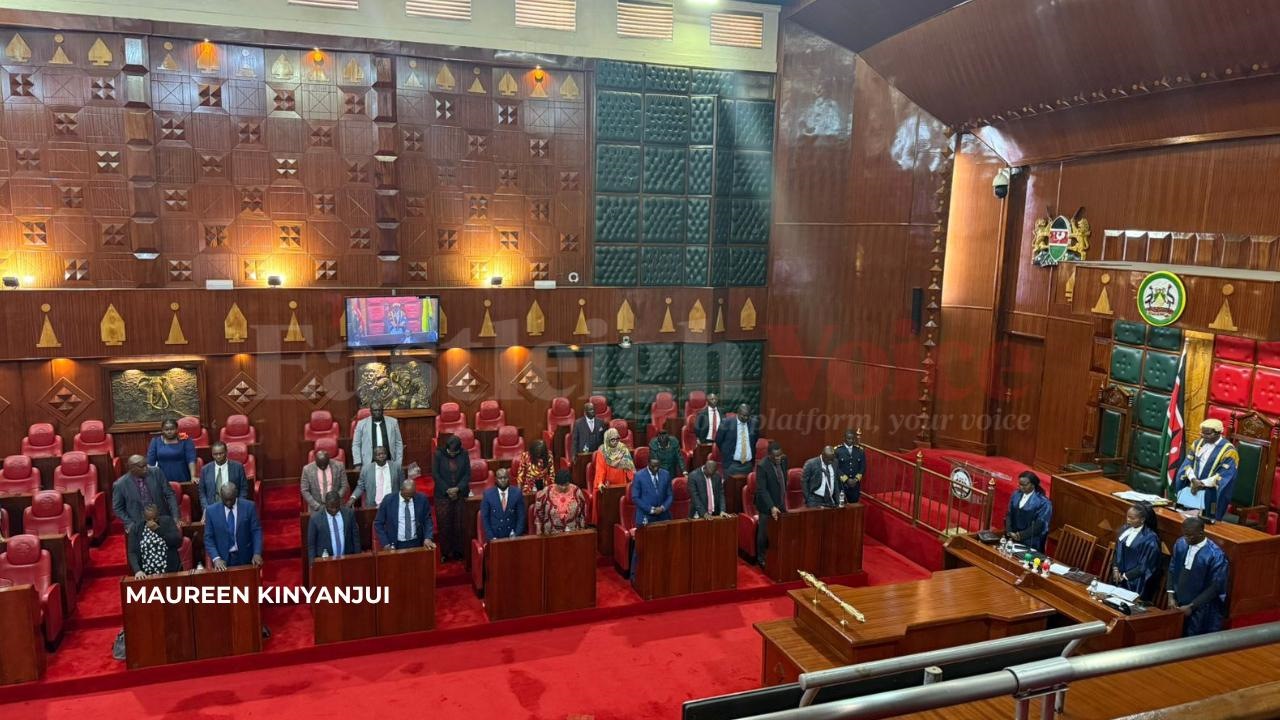State directs Kenyan universities to phase out unpopular courses
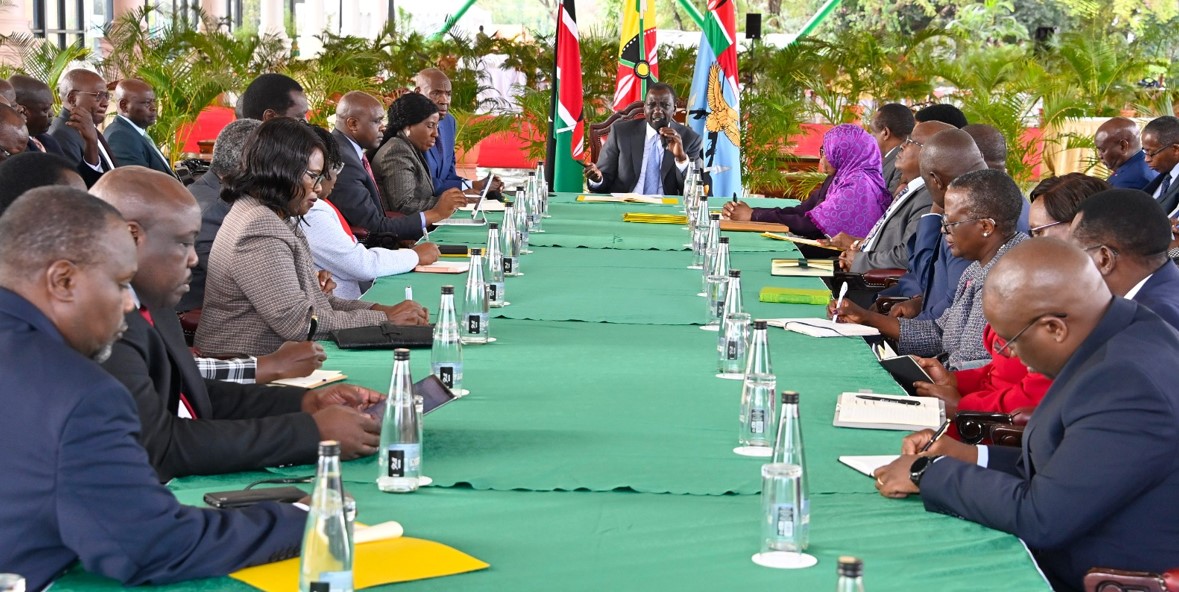
This means that programs that do not draw sufficient interest will be discontinued, allowing institutions to reallocate resources to areas that are more critical to Kenya's development.
Universities across the country have been directed to phase out programmes that fail to attract students and shift their focus towards more specialised and in-demand areas.
The details were revealed during a meeting held at State House by President William Ruto and various university Vice Chancellors on Tuesday.
More To Read
- KUCCPS directs universities, colleges to submit courses for 2026 placements
- KUCCPS proposes mandatory national service for state-sponsored university students
- KUCCPS opens recruitment for CEO, sets October 28 application deadline
- CUE mulling student admission quotas to fix graduate unemployment crisis
- KUCCPS opens portal, announces two-week window for KMTC applications
- Over 700,000 KCSE candidates yet to be placed in colleges or training centres, KUCCPS reveals
According to the stakeholders, the initiative aims to streamline higher education by encouraging universities to concentrate on specialised fields.
In this regard, the government has tasked universities and the State Department of Higher Education to identify and consolidate academic programs with low or no student enrollment.
This means that programmes that do not draw sufficient interest will be discontinued, allowing institutions to reallocate resources to areas that are more critical to Kenya's development.
Vice Chancellors have also been urged to develop incentives to attract students to programmes that are pivotal for the nation's growth, such as Science, Technology, Engineering, and Mathematics (STEM) and mining.
By focusing on these sectors, the government seeks to align academic offerings with national development goals and the job market's demands.
The strategic plan echoes a previous proposal in 2018 by the late former Education Cabinet Secretary George Magoha, which suggested merging universities and closing others while cutting down on non-responsive courses.
Unpopular courses
Data from the Kenya Universities and Colleges Central Placement Service also shows that over 100 courses attracted less than 10 students in the 2023 university placement.
The courses include Food Security, Horticulture, Soil Science, Forestry, Dryland Agriculture, Biological Sciences, Geophysics and Mineralogy, Aquaculture and Fisheries Technology, and Environmental Chemistry.
Other courses that got only one student placed nationally are Entrepreneurship and Small Business Management, Bachelor of Science Networks and Communication Systems, Bachelor of Industrial Technology, Water Resource and Environmental Management, Environmental Resource Management, Library and Knowledge Management, and Bachelor of Arts Chaplaincy.
The State House meeting also addressed changes in funding students under the outgoing university funding model.
The model dubbed Differentiated Unit Cost (DUC) paid up to 80 per cent of student fees while the students covered the remaining 20 per cent.
President Ruto noted that the vice-chancellors confirmed the financing model is working and projected that the government will resolve the financial challenges facing universities within three years.
“The vice-chancellors confirmed that the financing model is working and in three years, it will sort out the financial challenges facing our universities. The Government is committed to enhancing budgetary support for the differentiated unit cost for continuing students,” Ruto said.
Currently, the model applies only to first-year students, but from the second year onwards, students will continue to receive funding through the Differentiated Unit Cost, which will be enhanced from the current 42 per cent to 50 per cent.
Top Stories Today
